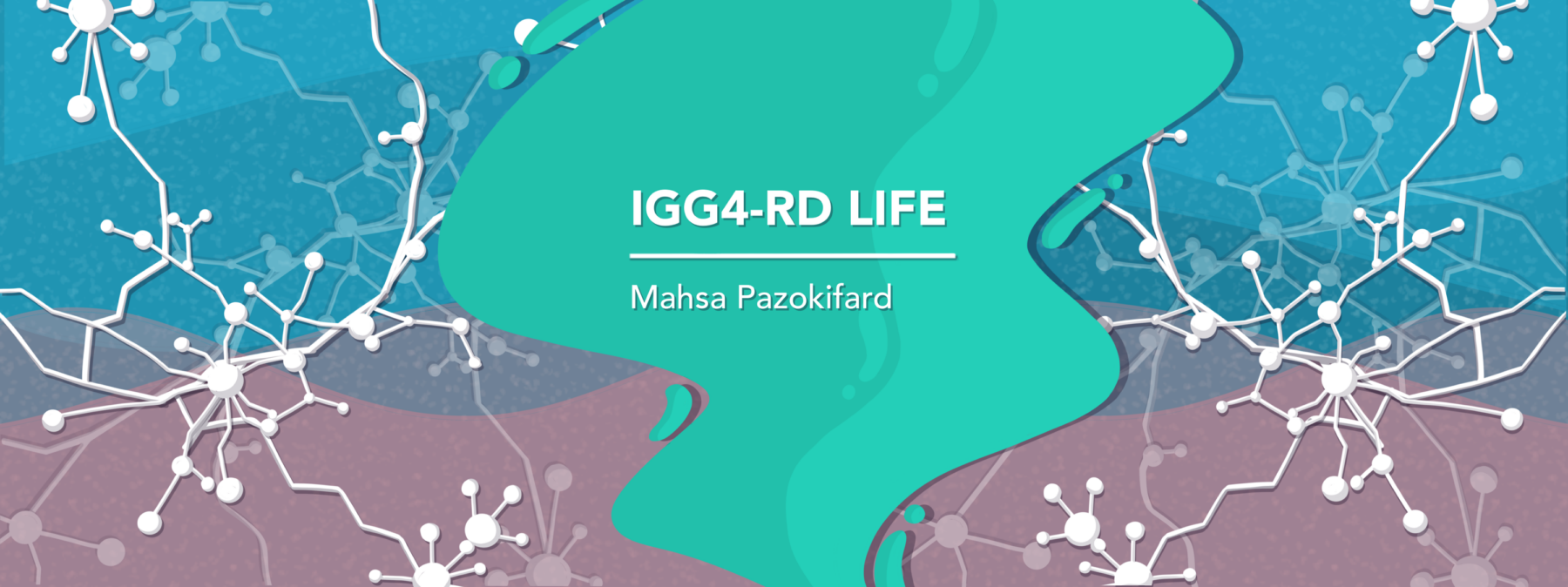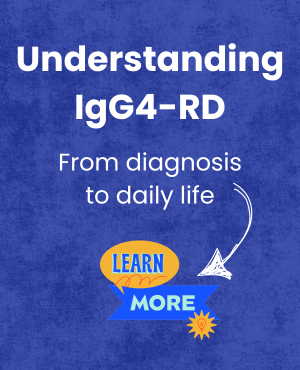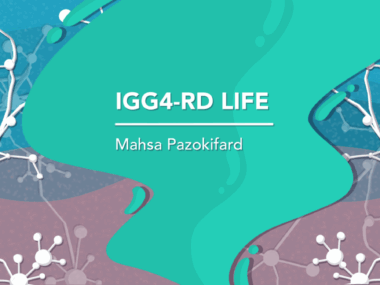From pixels to hugs: How one meeting helped build a community
Screen support offers comfort, but nothing compares to that 'I’m with you' moment
Written by |

For quite some time, the safest place for me to speak about my symptoms and health struggles was through a Facebook page or chat window. I’d send screenshots of scans, paste blood work results, and confess flare‑day fears at midnight. Those messages mattered; they validated the parts of me the medical system continued to dismiss.
Through such communities, online support became my lifeline. While doctors shrugged and scans looked “normal,” my feed held people who had already learned the language of swollen glands, autonomic chaos, and the particular grief of being young, female, and seronegative. We knew we could say “spoons” (referring to the spoon theory) without having to explain exhaustion and chronic fatigue for an hour. We sent each other emergency numbers, clinic recommendations, and the tiny triumph of a pharmacy authorizing a treatment.
My first meaningful connection started like so many do now — a market research video call. I was there as a participant, answering questions about how IgG4‑related disease (IgG4-RD) affects my life. Across small windows, a handful of us nodded, shared, and compared notes. For the first time, I saw faces that matched the names of those whom I had been chatting with. Seeing another human living with the same disease, going through the same struggles and sometimes triumphs as me, made my online community feel less virtual and more like a room of people who genuinely get it.
I didn’t realize it then, but that first market research study was a turning point in my life. It initiated friendships and partnerships that have blossomed over time. I even met my now co-founder of IgG4-RD Life, Alex Streczyn, through that very same call. From that moment, I felt an overwhelming sense of understanding, love, and friendship — not only between us, but for the entire community.
These virtual spaces have taught me so much: how to advocate for tests that aren’t common, how to prepare for insurance battles, which clinicians to see, and how to comfort someone at 3 a.m. These spaces provide us shelter, a safe space for patient perspectives, knowledge, and shared experience, but it’s never quite the same as being face to face.
The moment my isolation truly broke
Soon after that first online connection, Alex and I decided to meet in person at the launch of IgG4ward!, one of the foundations dedicated to IgG4-related diseases in the U.S.
That day marked the moment I truly felt I wasn’t alone anymore. While screen-to-screen support offers comfort, nothing compares to the powerful sense of “I’m with you” that floods over you when you meet someone in person. The warmth of that first hug? Unmatched — a feeling of safety and reassurance beyond words.
Since then, I’ve been fortunate enough to hug many members of my IgG4-RD family, each one reminding me that shared experiences forge bonds deeper than the digital realm.
These face‑to‑face encounters have fueled our advocacy efforts. Together and separately, Alex and I have participated in workshops and collaborated with organizations and nonprofits that truly helped us better understand how to serve our community. We learned how to reveal our needs, bridge gaps, and fight for equitable healthcare — an ongoing battle for good.
All these experiences inspired us to act, to shape our own destiny. That’s why Alex and I founded our own nonprofit, led by patients, for patients. Becoming leaders in our community and advocating for the unheard voices of those living with IgG4-RD became our top priority, especially once we took on the role of administrators for our online support group, Living with IgG4-Related Disease.
United, stronger, and more committed than ever
Meeting in person transformed everything: A support network became a movement. That first hug with a fellow warrior was more than a gesture; it was a declaration that we are not alone, that our voices matter, and that together, we can drive real change.
Our accomplishments through IgG4‑RD Life and our collaborations stand as proof that community is the cure and hope is born from connection. I believe that our collective fight for awareness, equity, and recognition will continue to grow stronger. Because at the end of the day, it’s community — real, human, vulnerable — that restores our strength, ignites our purpose, and heals our wounds.
Note: IgG4-RD News is strictly a news and information website about the disease. It does not provide medical advice, diagnosis, or treatment. This content is not intended to be a substitute for professional medical advice, diagnosis, or treatment. Always seek the advice of your physician or other qualified health provider with any questions you may have regarding a medical condition. Never disregard professional medical advice or delay in seeking it because of something you have read on this website. The opinions expressed in this column are not those of IgG4-RD News or its parent company, Bionews, and are intended to spark discussion about issues pertaining to liver disease.








Leave a comment
Fill in the required fields to post. Your email address will not be published.